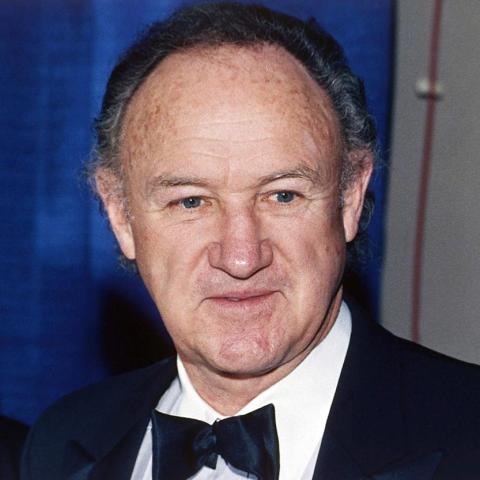The recent dismissal of all 17 members of the CDC’s Advisory Committee for Immunization Practices (ACIP) by US Health and Human Services Secretary Robert Kennedy Jr. has raised eyebrows among public health officials. Massachusetts Public Health Commissioner Robbie Goldstein described the move as “troubling,” emphasizing concerns about the future of vaccine policy. “This changes a science-based approach that has shaped vaccine recommendations for years,” he noted.
In a statement, Kennedy said the decision was necessary to restore public confidence in vaccine science. He plans to appoint new members who will rely on trustworthy, impartial scientific evidence. However, Goldstein expressed uncertainty about whether these new appointees would maintain a science-driven approach to vaccination.
Massachusetts has been proactively preparing for various scenarios, including this one. Goldstein mentioned that they’ve been reviewing legal and regulatory guidelines and building strong systems to track vaccine effectiveness. These actions are aimed at ensuring public access to vaccines.
Discussions around vaccination laws are heating up. Many parents and healthcare professionals in Massachusetts recently urged lawmakers to remove religious exemptions for school immunizations due to rising measles outbreaks across the country. Currently, students must receive vaccines for diseases like polio and measles, with options for medical and religious exemptions.
According to the state health department, many vaccine exemptions are for religious reasons, with higher rates concentrated in certain areas. Three neighboring states—Connecticut, Maine, and New York—have eliminated non-medical vaccine exemptions, resulting in improved vaccination rates. Katie Blair from Massachusetts Families for Vaccines argued that it’s time for Massachusetts to follow suit.
Opponents of the exemption removal argue that it infringes on personal beliefs. For instance, Kyle Abrahamson, a biomedical engineer, stated that taking away religious exceptions would force parents to choose between their faith and their children’s education. Others, like Julie Booras, advocate for bills that would block mandatory COVID-19 vaccinations in schools, citing concerns over personal rights.
The urgency is underscored by recent measles outbreaks. Texas reported 744 cases this year, leading to hospitalizations and deaths. As of early June, the CDC noted over 1,000 confirmed measles cases in the US, underscoring the need for higher vaccination rates to prevent outbreaks. Dr. Richard Moriarty, a retired pediatric infectious disease specialist, highlighted that a vaccination rate of 95% is necessary to halt the spread of measles.
Misinformation about vaccines remains a significant barrier to public health efforts. Dr. Christina Hermos, a pediatric infectious disease chief, noted that healthcare providers are struggling to educate parents misled by false information. The strain on frontline doctors has reached a crisis level, affecting overall healthcare availability.
Despite the recent changes in federal vaccine recommendations, Massachusetts maintains access to COVID-19 vaccines. Goldstein affirmed that these vaccines continue to play a critical role in preventing severe illness, particularly for vulnerable groups, including pregnant women and infants.
This evolving landscape shows the ongoing debate surrounding public health, personal freedoms, and the vital role of vaccines in protecting communities.
Source link
Health,Health Care,Massachusets,Massachusetts,public health,RFK Jr.,vaccines





















